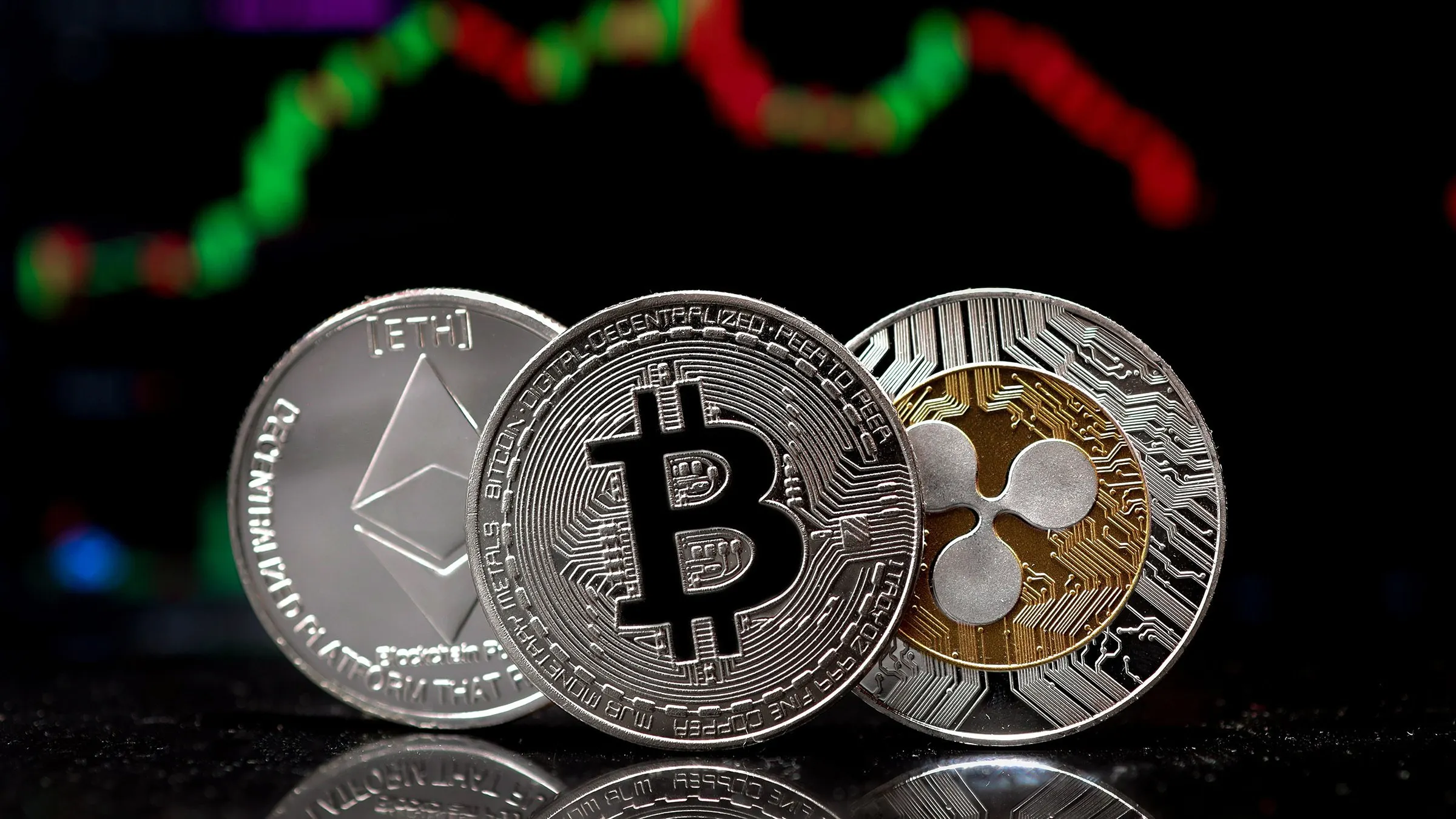Crypto prices extended losses Sunday evening, trading lower alongside U.S. stock futures as investors reacted to escalating trade tensions and renewed inflation concerns ahead of a busy week for financial markets.
Bitcoin has slipped to $82,100 while Ethereum has dipped to about $1,790. XRP, meanwhile, has fallen to $2.13, according to CoinGecko data.
The drop follows weeks of volatility in equities, with major tech stocks retreating sharply and broader sentiment weakening.
Futures tied to the S&P 500 and Nasdaq-100 dropped roughly 0.7% to 0.8%, while Dow futures lost 0.55% in early trading.
The declines come ahead of the April 2 rollout of reciprocal tariffs announced by President Donald Trump, which Barclays says could affect as many as 25 countries.
Sectors likely to be most affected include automobiles, pharmaceuticals, and semiconductors.
The tariff package is part of a broader effort by the Trump administration to generate $600 billion in annual revenue through a new collection mechanism referred to as the “External Revenue Service.”
Auto-related tariffs alone are expected to impact more than $275 billion in imports annually.
As a result, U.S. consumer sentiment has deteriorated sharply.
The Kobeissi Letter, a financial publication, reported Sunday that sentiment has fallen by roughly 20 points in the past month to a reading of 57, the lowest level recorded outside of a formal recession.
“An economic slowdown has clearly begun,” the report said.
Analysts expect inflation pressures to accelerate across most sectors of the U.S. economy.
Data from the prior Trump-era trade conflict showed a 4% rise in PCE prices among tariff-affected categories, while prices in non-affected sectors declined 2%, according to The Kobeissi Letter.
The pullback in crypto reflects broader caution among investors, particularly as large institutional capital continues to rotate out of risk-heavy positions.
Meanwhile, the so-called “Magnificent 7” stocks have lost more than $3 trillion in market capitalization in recent weeks.
Retail participation remains active, but volatility has increased across both traditional and digital markets.
While some investors view Bitcoin as a potential inflation hedge, short-term correlations with equities suggest crypto remains tied to broader macroeconomic sentiment.

